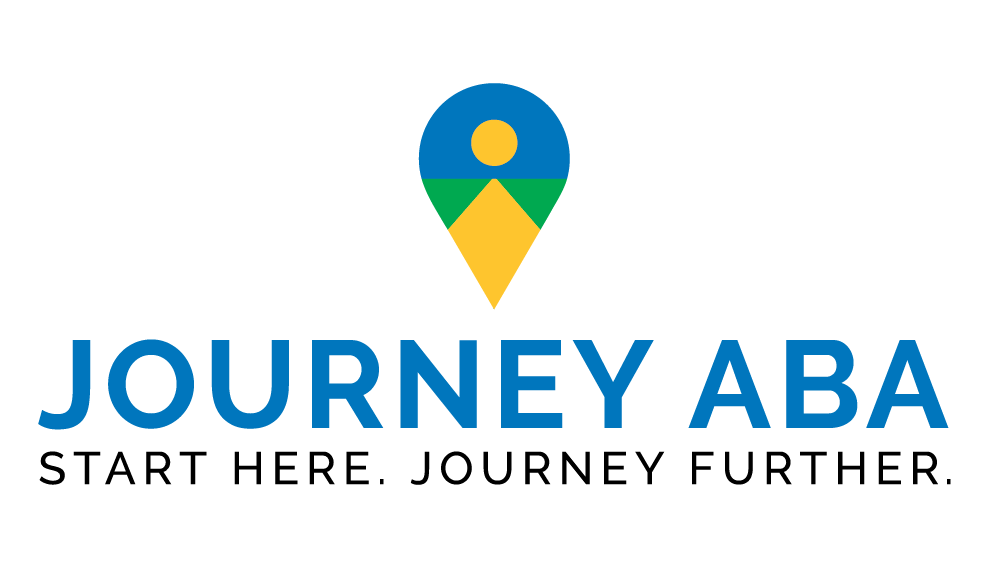As we learn more about various mental health diagnoses, more treatment options will become available. When it comes to autism spectrum disorder–also known simply as autism, or ASD–there are several beneficial and vital services to choose from. Today, we take a look at Applied Behavior Analysis.
All About ABA Therapy
Applied Behavior Analysis (ABA) is an evidence-based treatment often recommended to treat some of the symptoms of ASD. Over the last several decades, ABA has emerged as one of the best and most sought after treatments for autism and related diagnoses, although the principles of ABA are widely applicable.
ABA therapy is based on learning principles pioneered by researchers such as Ivan Pavlov and B.F. Skinner. Through his research, Skinner hypothesized that if you want to change behavior, alter the environment.
Today, ABA has evolved into a therapy based on the science of behavior, with a focus on socially-significant behavior change. One of the hallmarks of ABA therapy is direct observation of behavior and creating individualized treatment plans for each client. Below are some examples of strategies used during ABA therapy:
- Reinforcement – This simply means rewarding specific, positive and wanted behavior with preferable consequences, which will increase the probability of the reoccurrence of these wanted behaviors.
- Shaping- These procedures are used to help gradually modify an existing behavior so that it is more efficient. For example, if working with a client with limited play skills, a behavior analyst might first reinforce touching a toy, then holding the toy, then pressing buttons to make it light up and make sounds, and so on.
- Functional behavioral assessment (FBA)- FBAs describe procedures aimed at understanding the conditions under which a specific behavior occurs. Once a behavior analyst determines the reasons why a behavior occurs, they can develop the most appropriate intervention for it. Basing interventions on the results of FBAs helps increase the chance that an intervention will be effective.
- Measurement – For every intervention in ABA, measurement of behavior is crucial for success. Some types of measurement used in ABA are: rate, frequency, latency, topography, and duration. In addition to these methods, behavior analysts use special graphing procedures to illustrate data collected and use those representations to inform their decision-making.
To close, ABA therapy is unique from other therapies offered to children with special needs, mainly because it is founded on a type of science and has philosophical underpinnings similar to many other sciences. To this extent, it is highly researched, evidence-based, and effective, which is what makes it in high demand for individuals on the autism spectrum.
Stay tuned to this blog to learn more ABA, autism, and related diagnoses.


